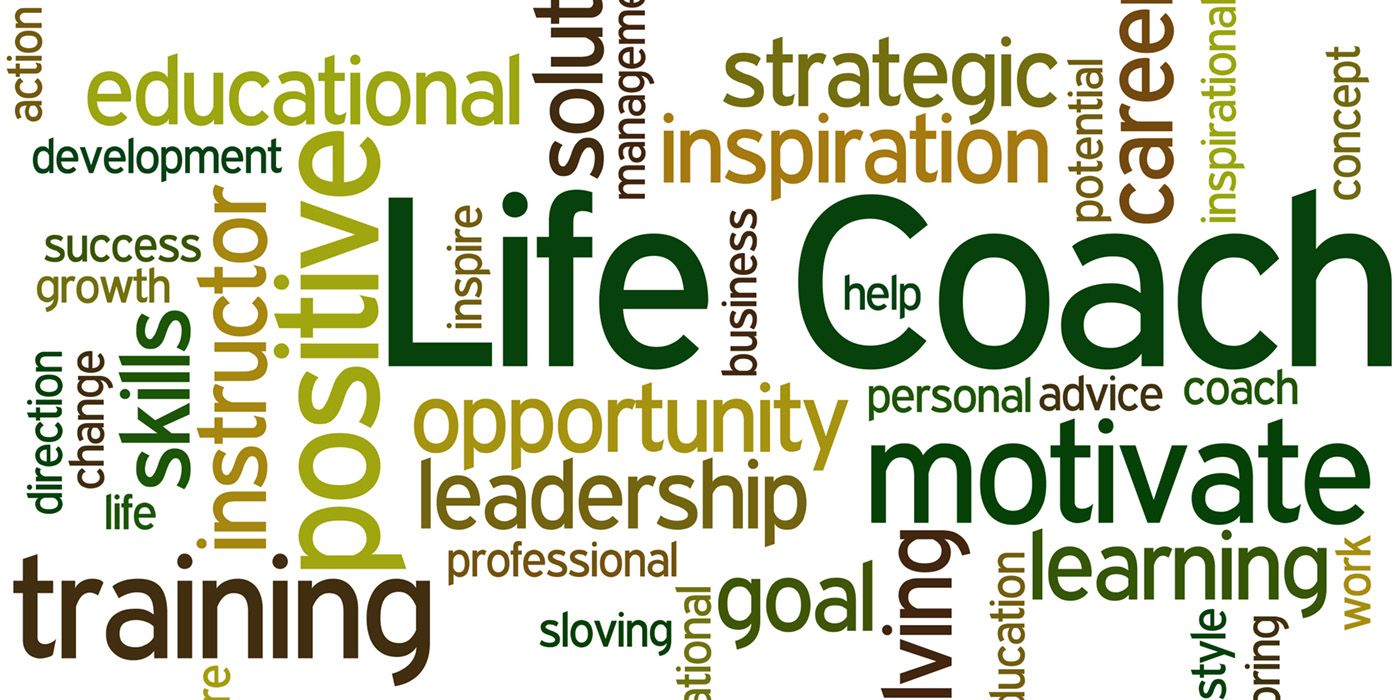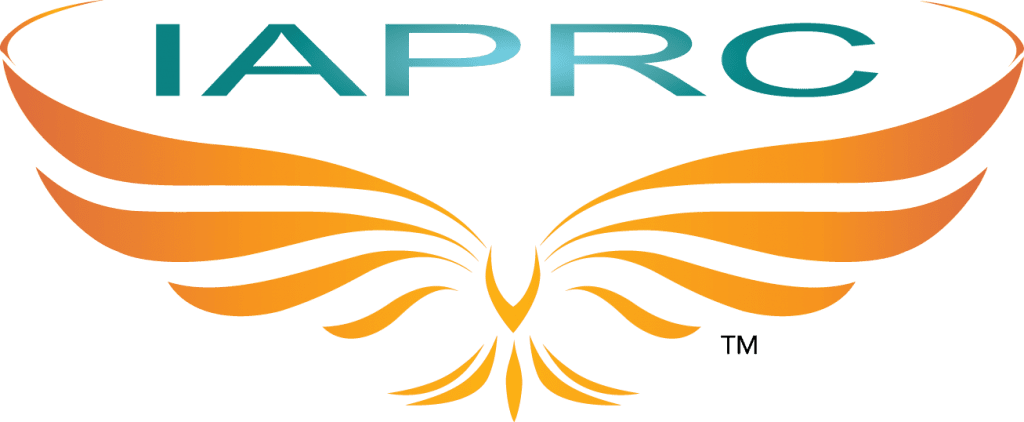

Accessibility Options: Skip to Content Skip to Search Skip to Footer Institutional Accessibility Open Alternative Formats for this page
Accessibility Options: Skip to Content Skip to Search Skip to Footer Institutional Accessibility Open Alternative Formats for this page
 Life coaches provide expert guidance to help their clients establish and meet important goals. This 100% course will train you to work as a life coach and teach you how to launch your own coaching practice. You’ll learn the Core Competencies of the International Coach Federations (ICF) and become a Certified Professional Coach (CPC) upon course completion.
Life coaches provide expert guidance to help their clients establish and meet important goals. This 100% course will train you to work as a life coach and teach you how to launch your own coaching practice. You’ll learn the Core Competencies of the International Coach Federations (ICF) and become a Certified Professional Coach (CPC) upon course completion.
There are no prerequisites to take this course.
Power of a professional code of ethics; coaching roles and personal qualities of outstanding coaches
Listening and building rapport; standards of practice and rules of engagement
Positive Psychology, three potentials, and the coaching cycle; coaching conversation dynamics
and ICF Core Competencies
Ethical guidelines, professional standards and establishing the coaching agreement; trust and intimacy, active listening, and powerful questioning
Wellbeing: positive psychology evolves; the Johari Window, self-discovery and emotional intelligence 2.0
The bedrock of success: E+R=O; self-responsibility, self-esteem, and the last resort in self-responsibility
Envision your ideal business, clarify your mission and begin with the end in mind; four strategies for going the distance and finding your niche
Six strengths to leverage your credibility and using your voice to define your expertise; strategic networking, marketing, and promotion
Jean LaCour
Jean LaCour, Ph.D., is a Certified Prevention Professional, author, and a trainer with extensive experience in the addiction recovery field. She is the co-founder of the NET Training Institute Center for Addiction and Recovery Education, a 501(c)(3) tax-exempt nonprofit corporation offering online training in addiction counseling, peer specialist support, and recovery support services.
This course is 100% online. Start anytime.
24/7 ce@broward.edu
Life coaches help their clients identify a specific life or career goal, define the steps needed to achieve this goal, and create a plan of action. Life coaches will also help clients identify strengths, weaknesses, and obstacles that will impact their plan of action.
Most importantly, professional life coaching involves relationship building and trust. Life coaches must be able to forge a creative partnership with their clients to:
While therapists analyze a client’s past to help them understand their current behavior, life coaches identify obstacles that stop a client from achieving their goals and present strategies for getting past these obstacles.
Similar to the difference between a life coach and a therapist, coaching is different than counseling because it focuses on goal setting and not mental health. Ultimately, both practices aim to help the client on a deeply personal level but take different approaches in doing so.
Training and certification help you stand out to clients. Credentialing organizations like the International Association of Professional Recovery Coaches (IAPRC) and the International Coach Federation (ICF) follow standards of ethics that clients expect.
This site is best viewed in a modern browser and is not compatible with Internet Explorer (IE). Please use another browser, such Chrome, Safari, Edge, or Firefox for the best user experience.